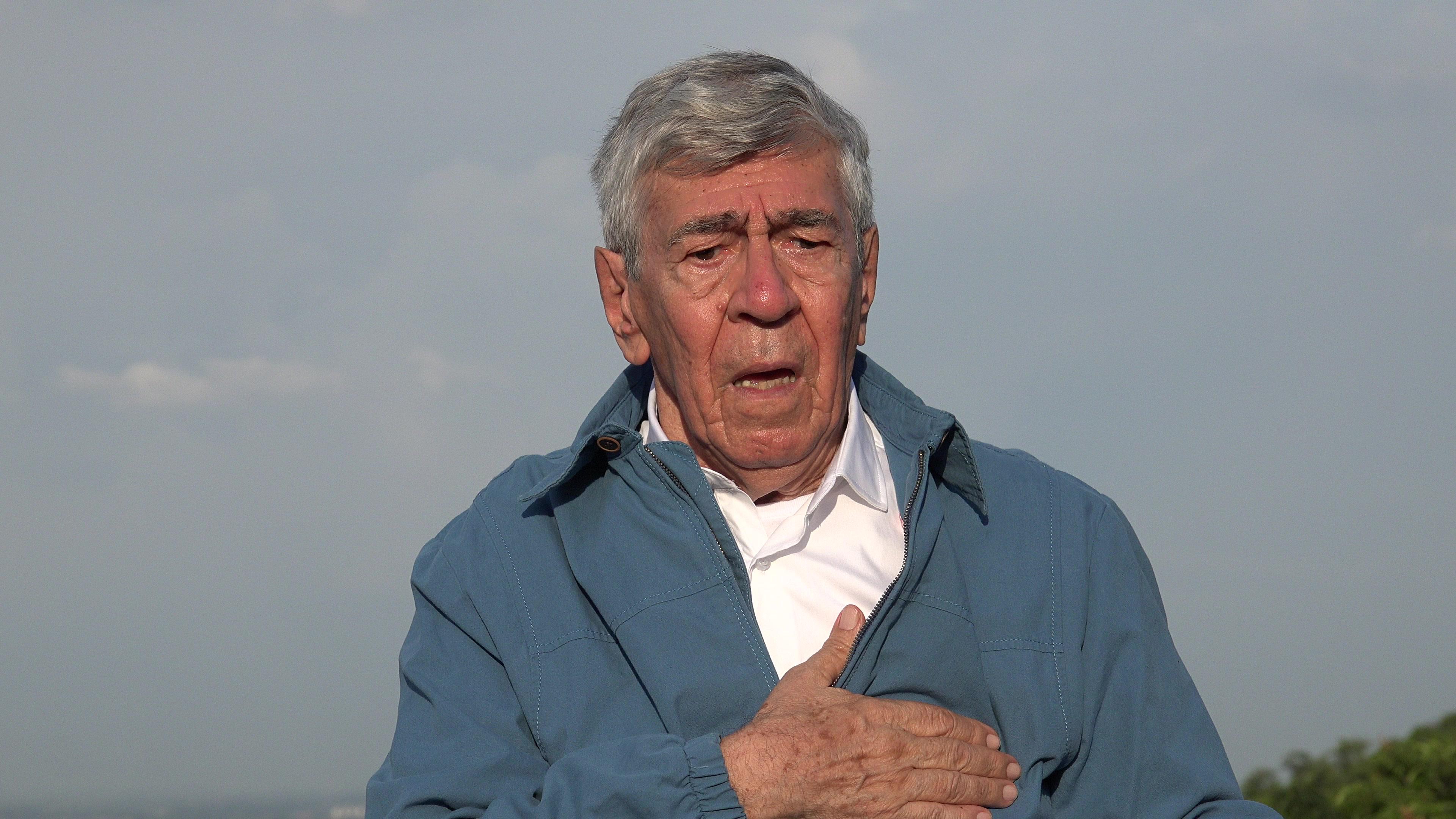
Temperatures are plummeting across the UK.
Hundreds of schools are closed amid snowy conditions and an amber weather alert has been issued for the weekend when Storm Bert is set to sweep in.
The Met Office said Storm Bert is expected to bring “heavy rain, strong winds and disruptive snow to parts of the UK through the weekend” and warned of travel disruption and potential flooding.
An amber alert for heavy snow and ice will be in force between 7am and 5pm on Saturday in an area north of Scotland’s central belt, where 10-20cm is likely on ground above 200 metres and potentially as much as 20-40cm on hills above 400 metres.
Forecasters said power cuts and travel disruption are likely and there is a good chance some rural communities could become cut off.

But with the weather comes other issues and the British Heart Foundation has highlighted the potential dangers posed by the cold weather.
According to the charity, there are thousands of additional deaths from heart and circulatory disease in the UK each year during the winter months.
“Cold temperatures can increase the risk of heart attacks and strokes, as well as respiratory infections like flu, and people with cardiovascular disease are more at risk,” warns Joanne Whitmore, senior cardiac nurse at the British Heart Foundation.
Experts have explained how chilly temperatures can impact our hearts and offered advice about what we can do to look after this vital organ this winter.
How can cold weather impact your heart?
“When you are cold, blood vessels narrow in your skin and fingers and toes, so that less heat is lost,” says Julie Ward, senior cardiac nurse at the British Heart Foundation. “But this narrowing creates more pressure in the rest of the circulation, meaning the heart has to work harder to pump blood around the body, increasing heart rate and blood pressure.
“This is a normal response to the cold, but the extra strain can lead to heart symptoms for people who have an existing condition, especially during exercise.”
The cold can also increase the risk of blood clots because it can make the blood thicker and more prone to clotting.

“The factors in your blood that cause it to clot become more concentrated and, at the same time, the natural anticoagulants, which help prevent clots, leave your bloodstream,” explains Ward. “This all makes a heart attack or a stroke more likely.”
Who is most likely to face heart issues during the winter?
“Older people are more vulnerable during the winter because their bodies don’t regulate temperature as efficiently as younger people’s do,” explains Dr Chun Tang, GP at Pall Mall Medical. “Also, elderly people may already have conditions like high blood pressure or clogged arteries, which can make them more susceptible to the added strain that cold weather puts on the heart.”
Dr Andrew Jordan, consultant cardiologist at Nuffield Health Bournemouth Hospital adds: “If older people choose to stay inside for long periods to avoid the risk of falling during cold weather, and don’t keep active in other ways, this can place them at higher risk of suffering a blood clot.”People with pre-existing heart conditions also need to be extra cautious during the winter as the cold weather can make their symptoms worse.
“If you have a greater tendency to heart problems, including heart attacks, blood clots or heart rhythm disturbance, the effect of cold weather on the heart can be more pronounced as an additional risk,” says Jordan.
Tang explains: “If you already have a heart problem – like heart disease, angina, or heart failure – your heart is starting off with less wiggle room for extra strain.
“The cold weather forces your heart to work harder, and if your arteries are narrowed, that could lead to reduced blood flow and more chest pain (angina).”
Tips to protect your heart this winter
Wrap up warm
“Keep cosy with layers,” advises Tang. “A scarf around your mouth can help warm the air before it hits your lungs, reducing the shock to your system.”
Eat warm food and stay hydrated

“Eat plenty of warm, heart-healthy meals full of fibre, lean proteins, and healthy fats,” recommends Tang. “Soups are your best friend! Staying hydrated also helps your blood flow smoothly.”
Exercise indoors
“Gentle indoor exercises can keep your blood flowing without overloading your heart,” says Tang. “Avoid heavy exertion outside in freezing temperatures, unless you’re well-prepared and take regular breaks.”
Get anything unusual checked out by a doctor
“Don’t ignore chest pain, shortness of breath, or extreme fatigue,” stresses Tang. “If something feels off, get it checked by a GP.”







